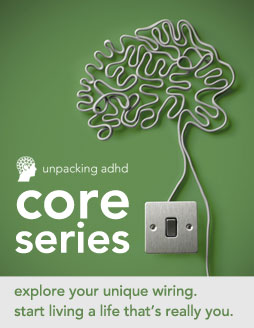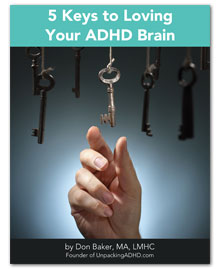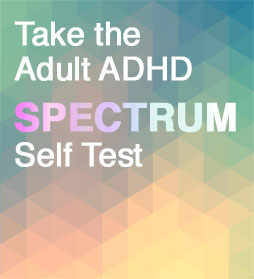How often do you act on impulse? Say something without thinking? Take a risk? Jump in without a plan?
Impulsivity is common for those of us wired with ADHD traits. Our biology makes it hard for us not to act impulsively. The executive skill called response inhibition—the skill that gives us the ability to modulate our immediate reactions—is at the heart of it. We have a lower-than-average ability to pause and remember that we have at least one other choice in any particular moment.
If you have a lot of ADHD traits, but you think, “I’m not impulsive,” reflect on this. Maybe you’re not impulsive in stereotypical ways, but you may find more subtle or even habitual impulsivity in certain areas of your life.
The upside of being impulsive
Being impulsive can be fun and often makes us fun to be around. We’re inclined to take chances, and we’re often driven to accomplish edgy, extremely novel stuff.
The downside, of course
Lack of forethought tends to make our unhealthy habits worse. We might spend too much, say yes to just about everything, take thoughtless risks like driving and texting, binge on junk food, engage in risky sex, etc.
“It takes only a few poor choices to ruin a relationship, end a job, or cause a fatal car crash.” – Craig Surman
How to manage impulsivity
If impulsivity creates challenges in your life, there’s a lot you can do:
- Generate new habits. Practice them.
- Reflect on yourself and your priorities.
- Know your impulsive risks—communication, spending money, binging on substances (alcohol, drugs, food, sex).
- Check in on your motivations. Is emotional thinking fueling your impulsive choices?
- Do a regular “dump” of thoughts and emotions. Translate them into plans. Then action.
- Medication may be helpful.
- Develop a mindfulness practice.
- Exercise. In addition to burning off excess energy, exercise time can be useful to think through decisions you need to make.
Like almost everything else in the unpacking ADHD journey, managing impulsivity is a process. And the goal, as always, is progress not perfection. You make progress every each time you start to do your usual impulsive thing, but catch yourself and think about it even a little more! As Surman recommends, “don’t just do it—think about it.”

Don Baker, MA, LMHC
I’ve been leading groups for adults living with the traits of ADHD for more than 15 years. I am a licensed counselor in the state of Washington, and I received my own diagnosis of ADHD in 1997. I am passionate about sharing cutting edge information about ADHD wiring and helping people with ADHD connect with others in our “tribe.” I offer TRACTION groups in Seattle, and I created the web-based Unpacking ADHD Core Series, a flexible roadmap for adults with ADHD.




